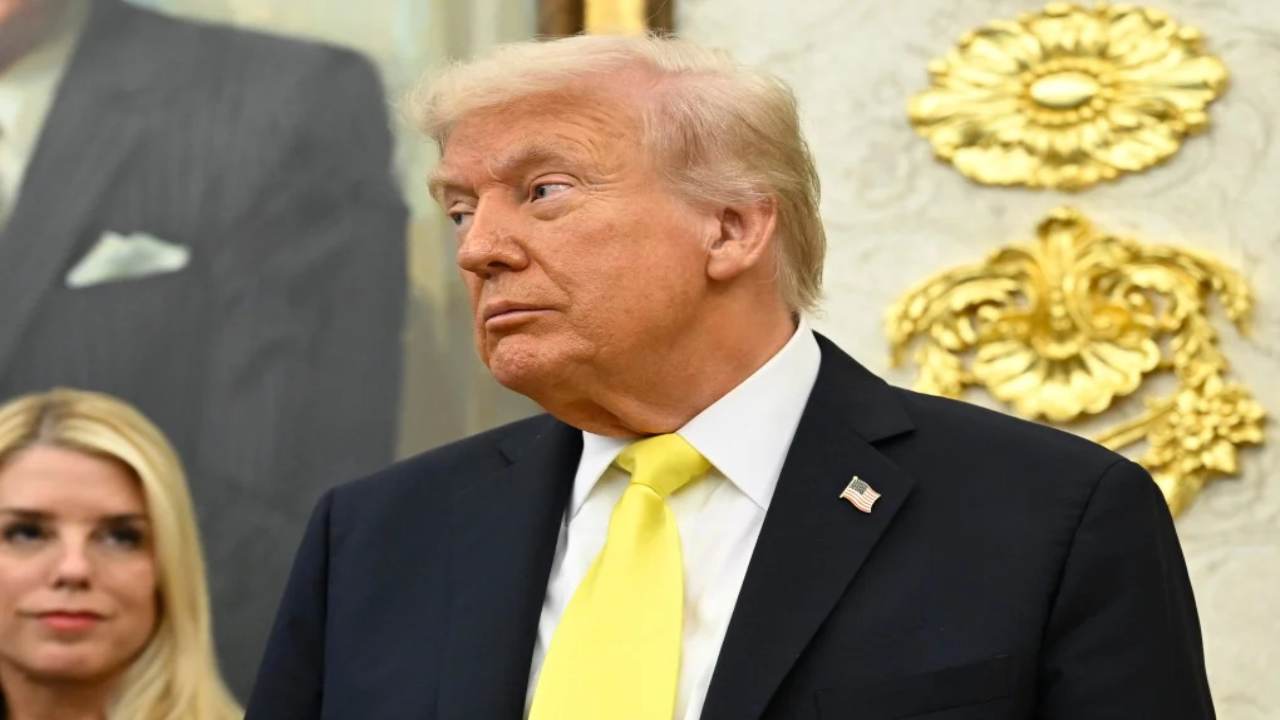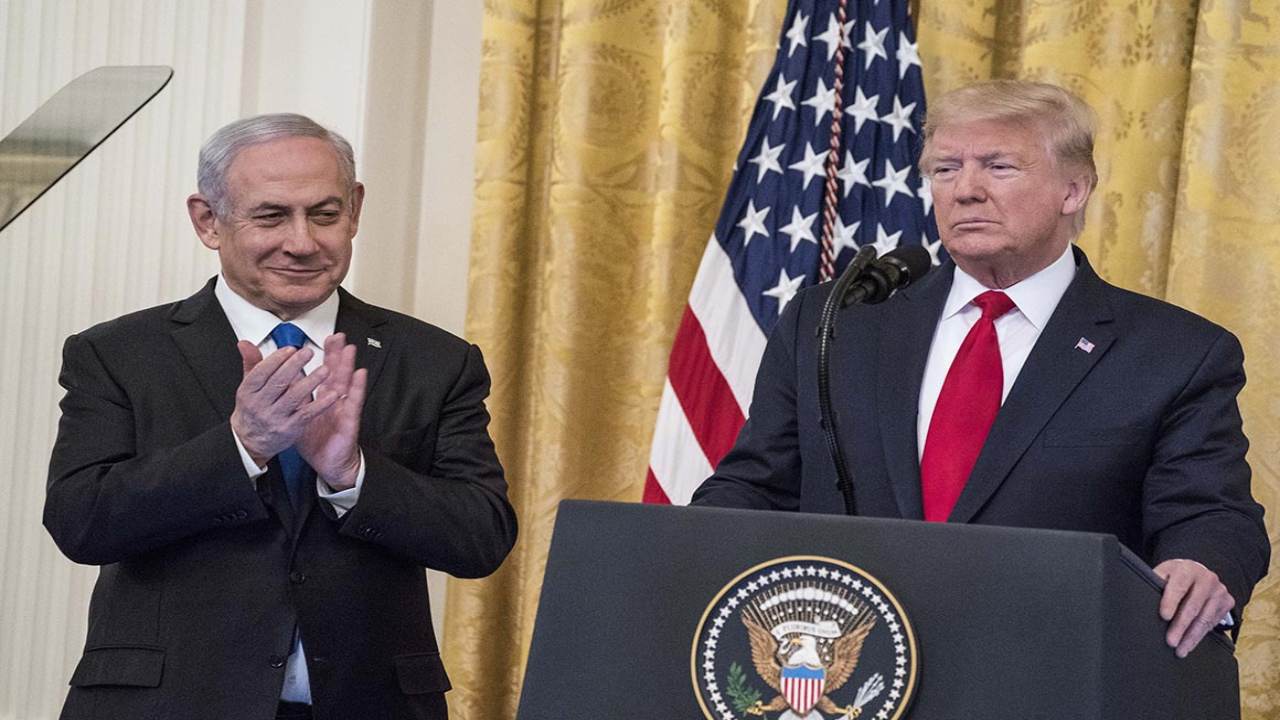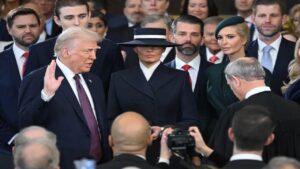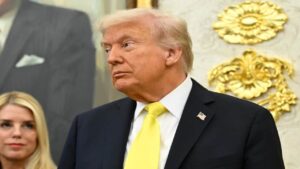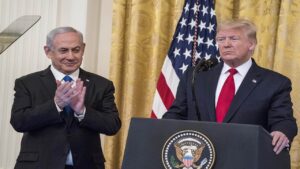The Rise of BRICS Heats Up the West, All Means Deployed to Stop Its Growth
Ohana Magazine – As the global balance of power begins to shift, Western countries led by the United States are reportedly using conflict as a tool to maintain their fading dominance. This provocative approach, according to Bolivian President Luis Arce, is aimed at safeguarding an outdated unipolar world order.
BRICS as a Symbol of Emerging Global Equality
In contrast to the West’s combative stance, BRICS countries are becoming a beacon of a new, more equitable global structure. President Arce emphasized that recent escalations, such as the Israel-Iran tensions and the Ukraine conflict, are rooted in fearmongering tactics. Western powers are allegedly amplifying threats—like the claim that Russia might invade the EU—only to justify military actions.
Western Interests and the War Economy
Furthermore, Arce pointed out that war primarily benefits the United States, whose economy significantly relies on the arms industry. As the American economy faces a downturn, conflict serves as a financial stimulant. By perpetuating global unrest, the U.S. allegedly seeks to solve domestic economic issues while suppressing the rise of alternative global powers.
Read this : 7 Major Upgrades in GPT-5, ChatGPT’s Most Powerful AI Yet
The Battle Between Old and New Power Blocs
This growing tension has crystallized into a clear dichotomy: the stagnant influence of the U.S. and Europe versus the expanding impact of BRICS nations. Arce argued that the West is fully aware of its diminishing grip on global affairs and is now trying to obstruct the rise of a multipolar world spearheaded by BRICS.
Multilateralism as the Future of Global Relations
Significantly, Bolivia and other BRICS members firmly reject the notion of a single superpower ruling the planet. According to Arce, the increasing interest from other nations to join BRICS proves that multilateralism is becoming the preferred global ideology. This shift highlights a growing desire for balanced cooperation rather than top-down dominance.
BRICS Membership and Collaborative Advantage
Unlike traditional alliances, BRICS does not impose a hierarchical structure on its members. Instead, it encourages mutual benefit and shared development. Founded in 2006 by Brazil, Russia, India, and China, the bloc has since expanded to include South Africa, Egypt, Iran, Ethiopia, the UAE, and Indonesia. With over 30 additional nations expressing interest, BRICS now represents a significant geopolitical force.
A Push for Fairer Global Governance
During the recent summit in Rio, BRICS leaders reaffirmed their commitment to a multipolar world. They called for reforms to the UN Security Council, the International Monetary Fund (IMF), and the World Bank. Additionally, they advocated for stronger intra-BRICS trade, broader use of local currencies, and alternative payment systems—moves that challenge traditional Western-led financial systems.


